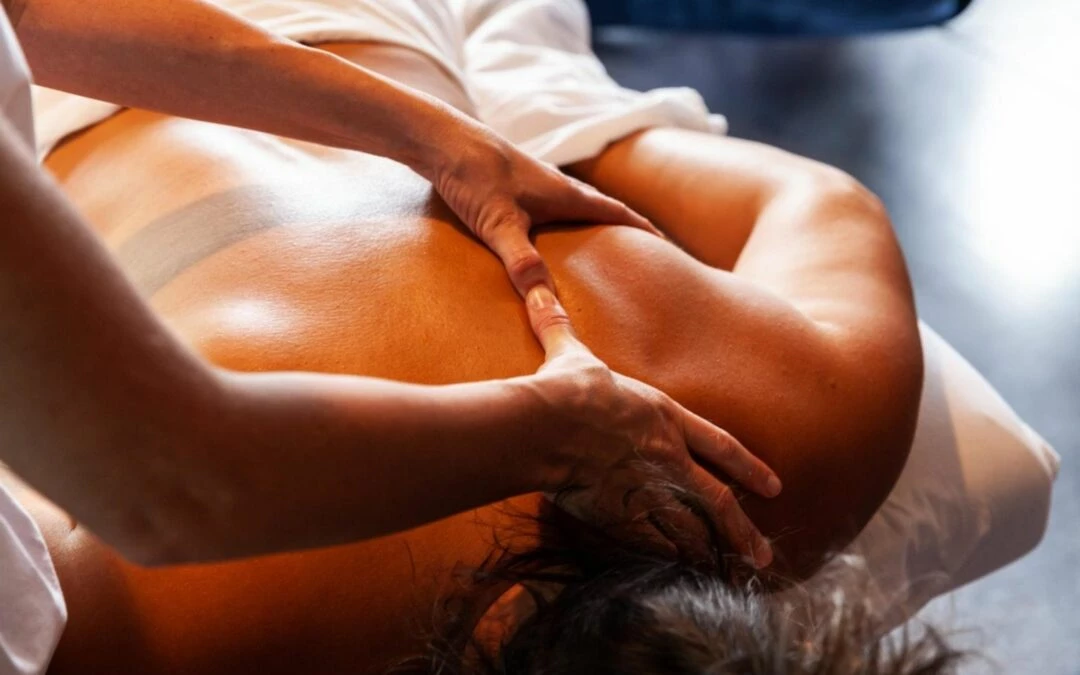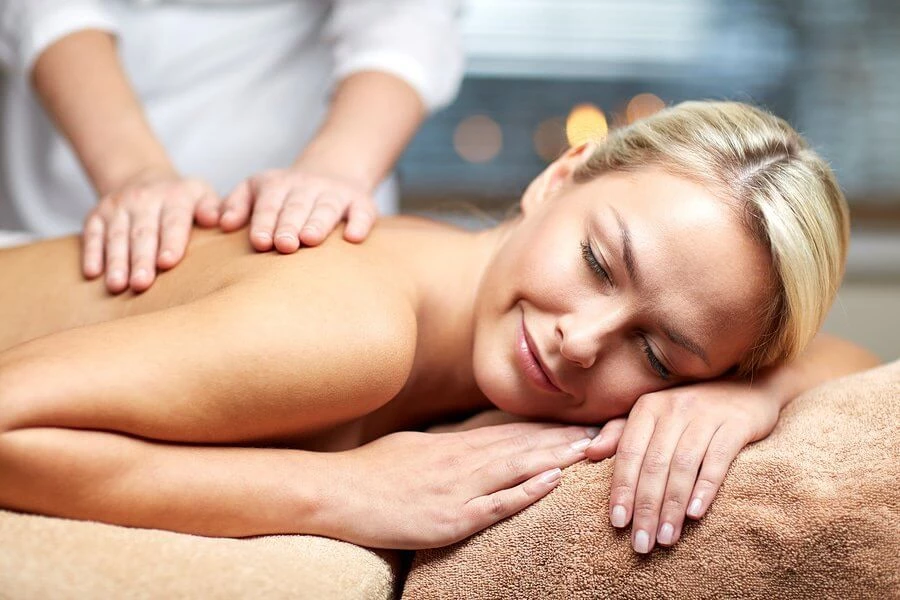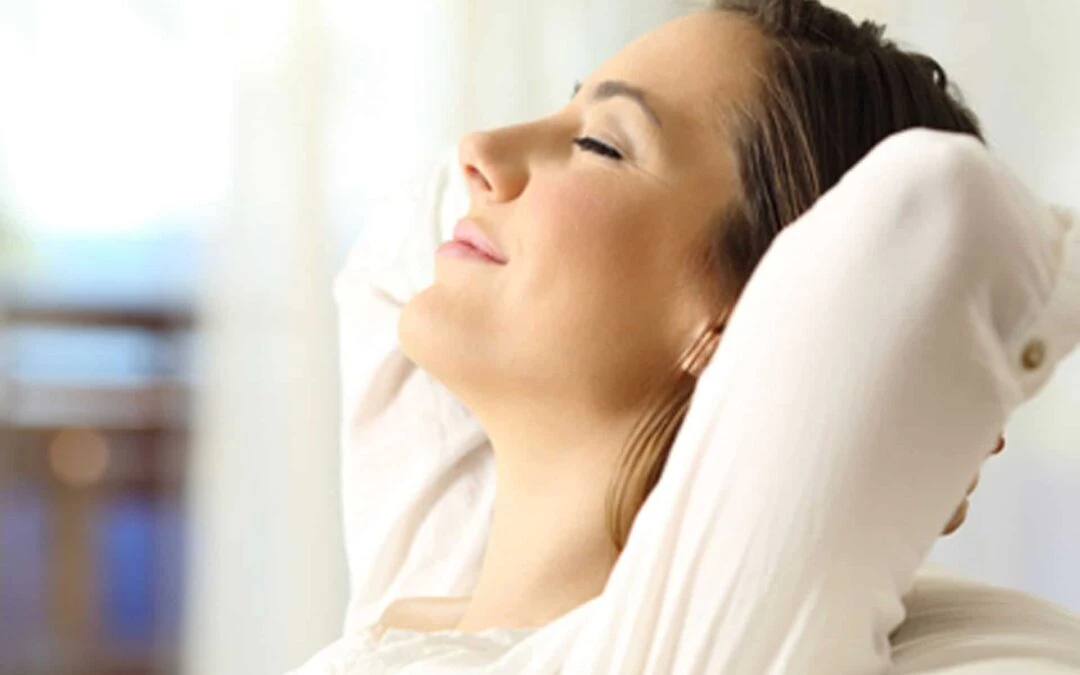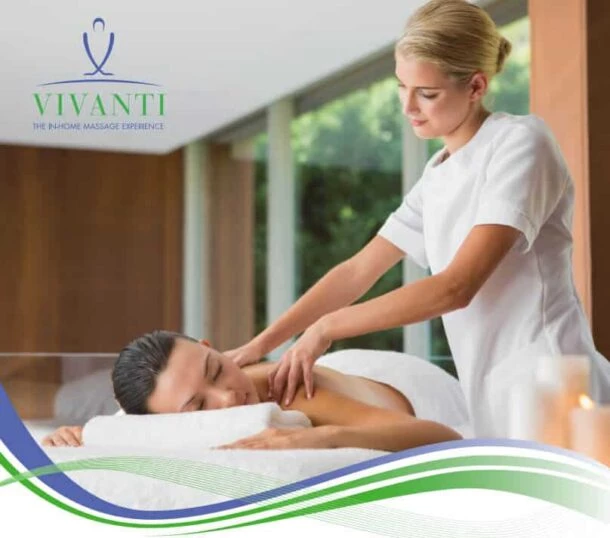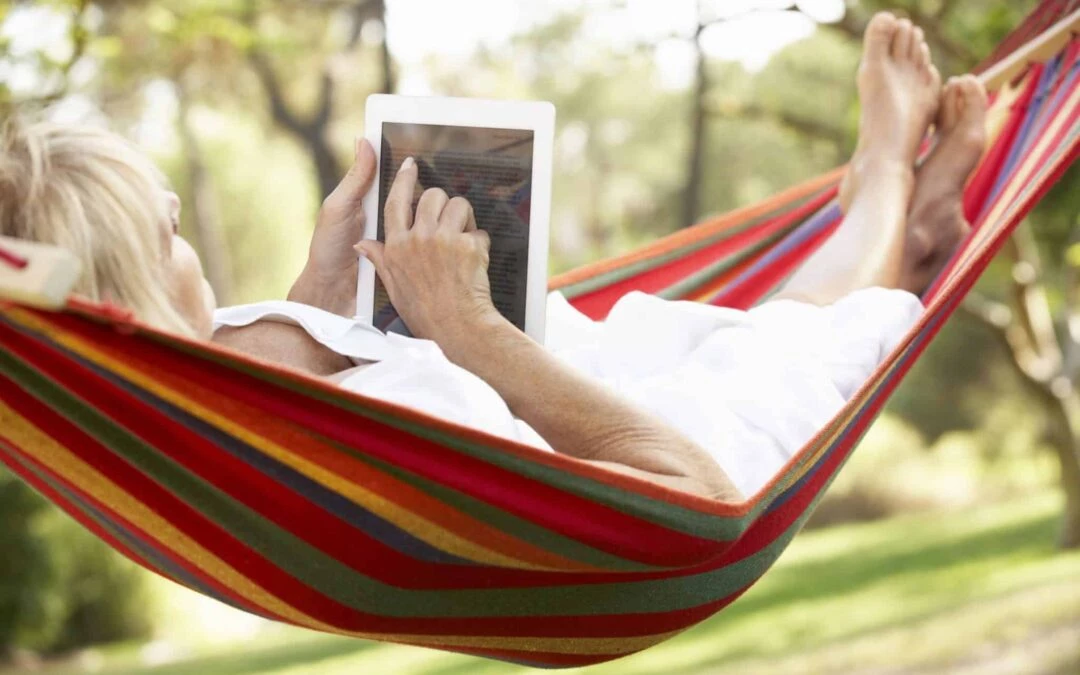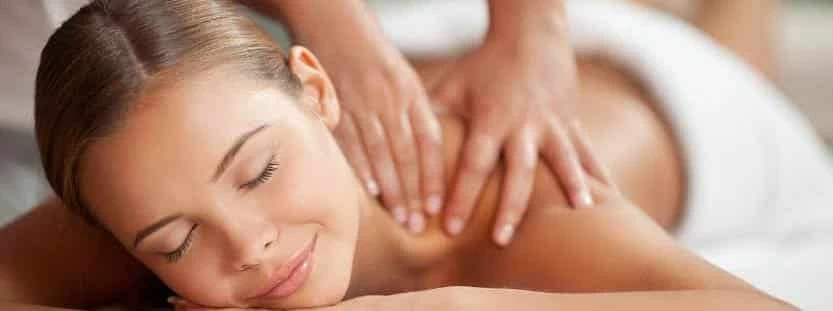
The Magic of In-Home Massage
Imagine Having a Home Massage Therapist Who Can Magically Transform You!
Have you ever thought how fabulous your life could be if all your daily stresses and pains were magically whisked away by an in-home professional massage therapist who waits for you as you arrive on your doorstep? You can think of an in-home massage therapist as a type of genie in the lamp. – A genie who can come out and help you in a flash, homing in on your particular needs that day, by giving you a custom-designed massage that will treat you from head to toe, both mentally and physically. – So much so, that you will feel like a new person. – A person who can take on all that they have to do, be it at work, at home, or at play.
There is no one-size-fits-all approach to massage, and your therapist will assess how you are, and what you need, each and every time you have a treatment. And while the fundamental massage techniques remain standard, the way in which the techniques are applied, will be geared to your mental and physical states – elements that can sometimes resemble a barometer. – Yet whatever the reading, your highly qualified massage therapist can bring you back into equilibrium, and by the end of the massage you will be enveloped with a glorious feeling of peace and tranquillity.
You genie (home massage therapist), will have restored your balance and physical and mental stamina. – Your whirlpool of agitation and worries will have dissipated, and you will be able to think clearly, and make good decisions. You will now be able to fall asleep easily, and enjoy a restful slumber until your alarm goes off at the top of the morning. The latter will have a terrific knock-on effect to your overall well-being, and if you have had a short temper (which also affects your loved ones), it will become a thing of the past.
Making the Switch
In order to do this, you have to ask yourself a couple of questions: Do you have a tendency to always put others first? Do you take the necessary time to listen to your own needs and wants? If the answer to the latter, is “No,” then take some time out right now… Sit in a quiet area, and close your eyes. Now empty your mind, as you take a few deep breaths. Now ask yourself: What is your body trying to tell you? And how long has it been trying to tell you what you have to do – weeks, months, years? Can you see the highly detrimental effects that not being in-tune with yourself has on your mind and body? – The physical and mental conditions, chronic diseases, advanced degeneration, and rapid aging?
Wisdom tells you to listen to the whispers of your body before it’s too late and past the point of no return. – So are you ready to start afresh by giving back to yourself, and starting a truly wonderful new habit that will be life-changing for you and your loved ones? Now imagine the new you – how do you look and feel? Do you look younger, rejuvenated, have you got more energy, a sharper focus, and a calmer spirit? – These are just some of the tremendous benefits that regular massage therapy provides.
A Plethora of More Benefits
Professional massage therapy provides much needed relief to aching muscles, while simultaneously boosting blood and lymph circulation, and natural detoxification. – This detoxification is an extremely important process, as our bodies have to deal with toxins from every angle. And whether our bodies absorb these toxins via what we consume, the environment, or as a by-product of our regular bodily functions, they all have to be processed and expelled by our organs. However, if our body’s functions are not optimal, then this cannot happen. – At worst, this scenario can lead to long-term illness and disease; and at best, the toxic overload can leave us feeling very lethargic.
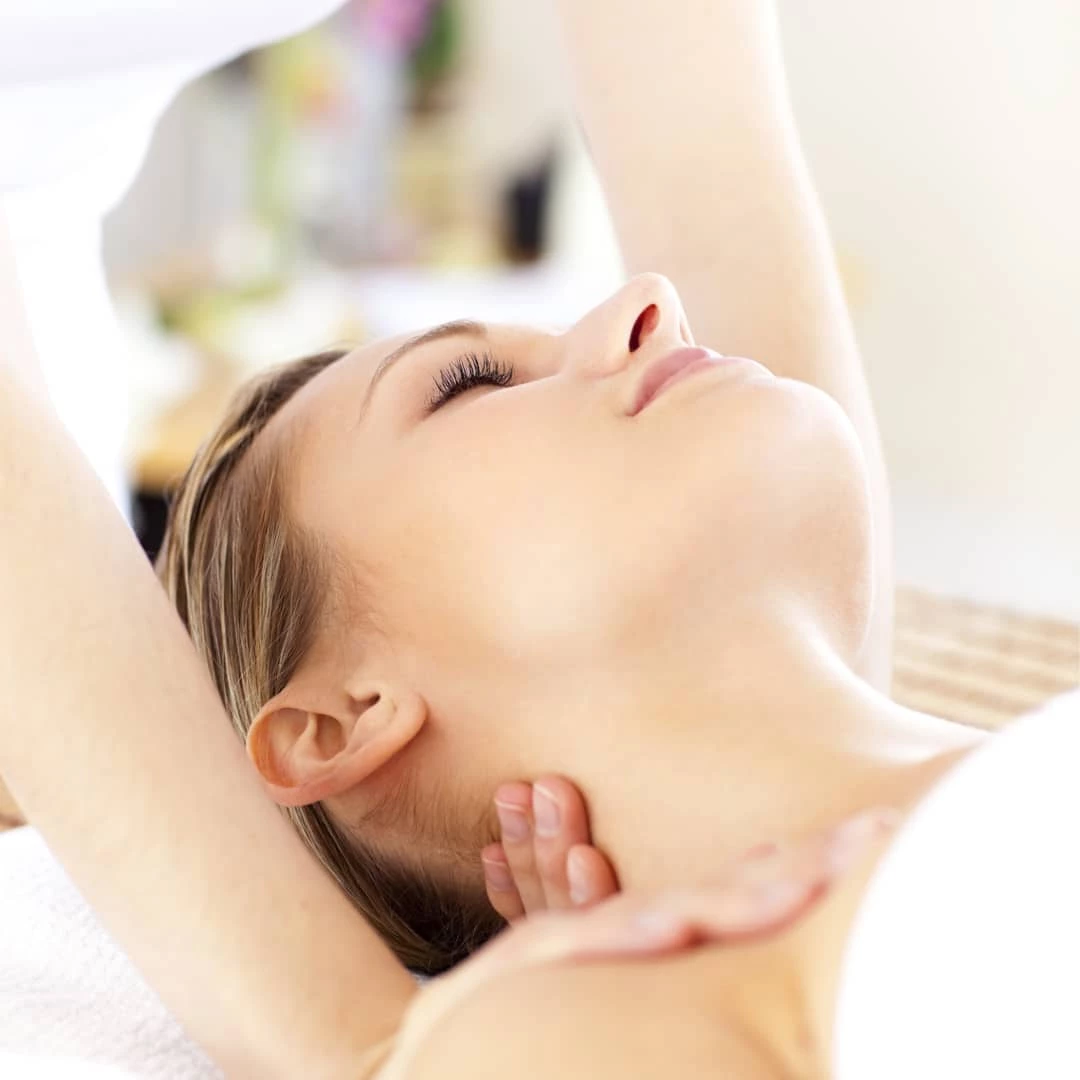
Your Home Massage Genie
Picture your own in-home massage therapist looking after your personal upkeep, by applying special massage techniques which generate heat, ameliorate your circulation, oxygenate your cells and organs, and stimulate your immune system. As the therapist revs up your circulation, your cells expand, and your accumulation of toxins gradually releases. – The toxins then travel through your bloodstream into your bodies’ main filtration centers, your kidneys and your liver.
Taking care of our health by following a holistic route, pays rich dividends. For example, when a massage simulates the flow of stored toxins into the liver, it means that the latter will filter: cholesterol, hormones, pathogens, chemicals from pharmaceuticals and food, particulate matter (for example, smoke) which is absorbed by the lungs through breathing; components from personal care products that are absorbed via the skin, and the by-products of general metabolism.
And when it comes to having our kidney region massaged, the benefits include elevated blood flow to and from the kidneys. – An important action which delivers greater filtration and toxin release. Once the toxins reach our kidneys, they are then treated as waste products, and are excreted via our urinary tract. Of note, just as with our liver, if our kidneys are not up to the job, the toxic waste will be reintroduced back into our bloodstream, after which it will be stored in various cells across the body, where over time, it can do harm. – And that is just one reason why regular massage is so crucial to our well-being.
Putting All the Pieces of Our Magical Transformation Together
Beyond the plethora of the scientifically substantiated benefits of having a regular massage to effectively relieve our pain, and pent-up stress and tension; this holistic practice also generates physiological transformations in our body. The latter generate a chain of events which positively influence several of our body’s systems.
Massage delivers:
• A relaxation response and
• A mechanical response
The Relaxation Response
In the case of the relaxation response: our bodies react to the skilled touch of a professional massage therapist, by slowing down. – As we breath more freely, our blood pressure goes down, our heart beat decreases, and our stress hormones stop flowing. Further, as our stress starts to subside, all the horrors that it brings with it, for example, cardiac arrhythmia, hypertension, worry and anxiety, become less intense. In fact, this fantastic relaxation response affects our entire nervous system in the most advantageous way.
The Mechanical Response
This could also be classed as our body’s physical response to the pressure which is delivered by the professional massage therapist. This action normalizes soft tissue while simultaneously boosting optimum blood and lymph circulation, which leads to efficient toxin removal and muscle relaxation. – The latter of which drives out muscle spasms, contractions, and the accrued tension that is so hard to disperse.
Now when our muscles are relaxed, they empower us with optimum function, and very crucially, allow us to absorb a high percentage of nutrients. (Conversely, if the muscles are not relaxed, these two vital functions are negated). Moreover, as our organs, nerves, bones and muscles, use the same neurological pathways, by looking after ourselves, and having a regular professional massage, we can experience phenomenal benefits in all these areas.
Don’t Waste Any More Time
Live you best life, and live life to the full by looking and feeling great with holistic therapy! Both myself and my team of dedicated professional massage therapists are always here to keep you on track, and provide you with the relief that is quintessential to optimal living.
“Touch therapy or massage therapy has hard science on its side. It’s not just good for our muscles; it is good for all our physical and mental health. The right uses of touch truly have the potential to transform the practice of medicine.” University of Berkley, 2010

 English
English Français
Français